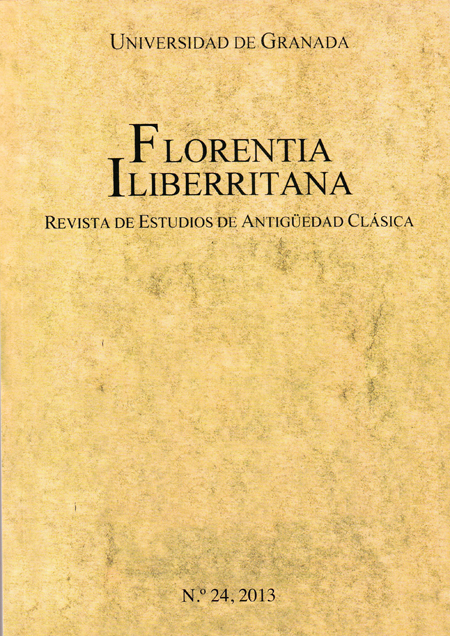El impacto del género literario y del rol social del emisor en el discurso antijudío (siglos IV a VII): Prudencio de Calahorra, Cromacio de Aquileya y Gregorio Magno
Keywords:
Antijudaism, literary genre, social role, Prudentius of Calahorra, Cromatius of Aquileia, Pope Gregory IAbstract
The antijudaism that characterizes the Christian speech during the Late Antiquity and the High Middle Ages has been frequently understood from two alternative perspectives: as a consequence of an empirical conflict between the Christian and Jewish communities or as intrinsic need of christianity in the objective to legitimize the new faith with the denigration of the Hebrew religion and his adherents. The aim of the present work is to call the attention to the importance that, in the determination of the characteristics of such a speech, fits to factors not always taken into account: the genre of the communication and the social role played by every author. In order to corroborate such hypothesis, we will take in consideration the way in which three intellectual Christians of the IVth to VIIth century -Prudentius of Calahorra, Chromatius of Aquileia and Gregory the Great-presented the Jewish group in their works.Downloads
Downloads
Published
2013-02-10
How to Cite
Pegolo, L., Noce, E., & Laham Cohen, R. (2013). El impacto del género literario y del rol social del emisor en el discurso antijudío (siglos IV a VII): Prudencio de Calahorra, Cromacio de Aquileya y Gregorio Magno. Florentia Iliberritana, (24), 153–175. Retrieved from https://revistaseug.ugr.es/index.php/florentia/article/view/4007
Issue
Section
Artículos












